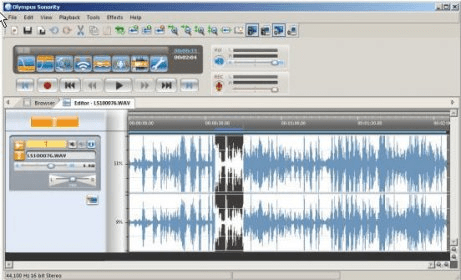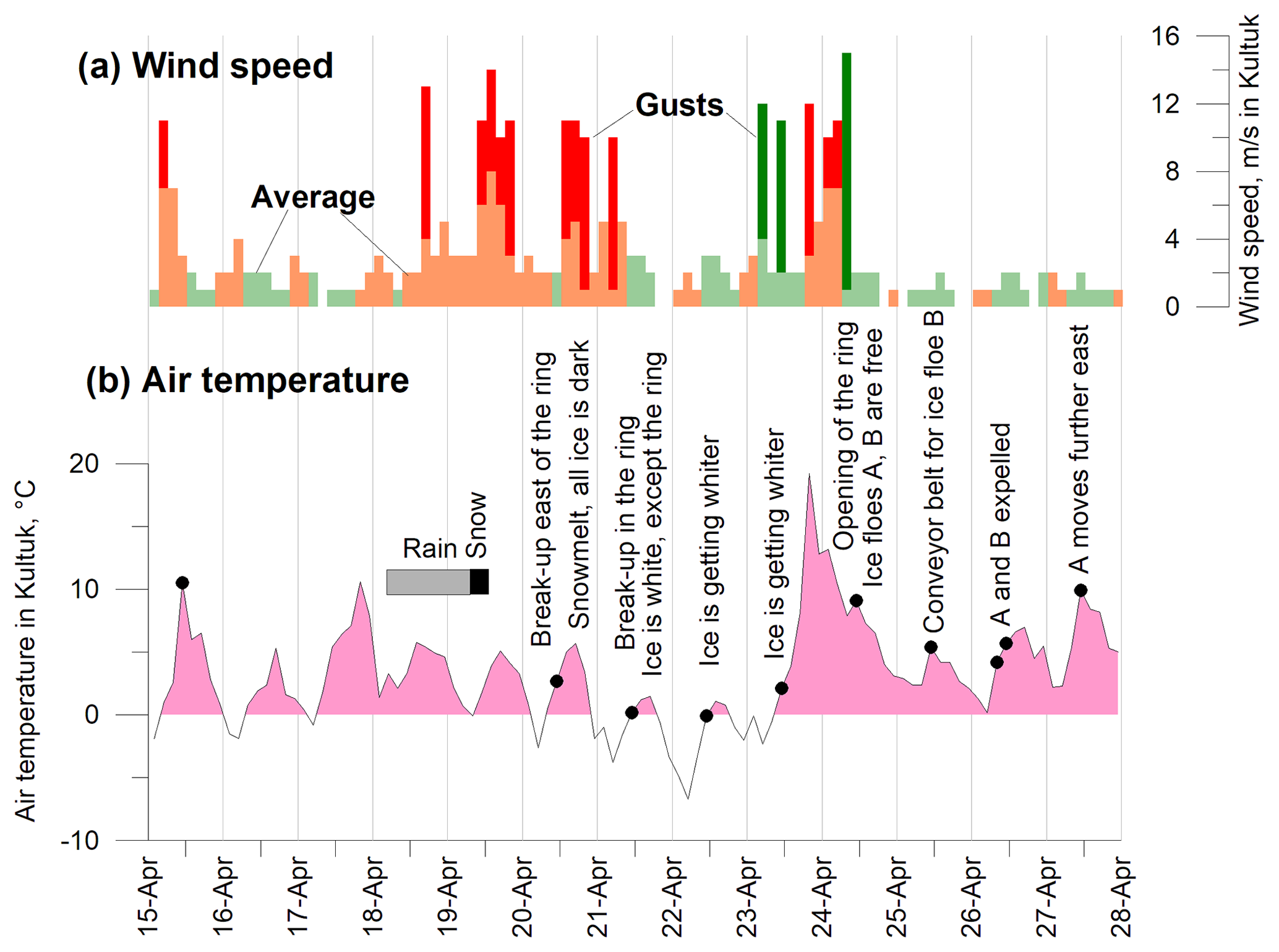

- Free download frontier 4.1 software software license#
- Free download frontier 4.1 software upgrade#
- Free download frontier 4.1 software software#
- Free download frontier 4.1 software free#
- Free download frontier 4.1 software mac#
"They shall know you through your links: Jorn Barger, filters". "Webmasters get welcome relief with Frontier 4.1". "Apple enlists small company for software". "Frontier:UserLand's scripting tool lets you write your own utilities for automating your desktop".
Free download frontier 4.1 software mac#
"Frontier lets Mac users build scripts across applications".
Free download frontier 4.1 software software#
The software is no longer considered to be under active development.
Free download frontier 4.1 software upgrade#
UserLand was an early adopter of the RSS syndication method, merging Winer's Scripting News XML format with Netscape's RSS.įirst released as a public beta under the name Pike in March 2000, the software came to be released in synch with Manila version numbering: the initial release of 2001 was named Radio UserLand 7.0 and its only major upgrade in 2002 Radio UserLand 8.0.
The software includes an RSS aggregator and was one of the first applications to both send and receive audio files as RSS enclosures (see podcasting).
Free download frontier 4.1 software software license#
Radio UserLand is a client-side weblog system that hosts blogs on UserLand's servers for an annual software license fee.
Free download frontier 4.1 software free#
Within days of releasing Manila, UserLand set up a free Manila hosting service,, which quickly became a popular weblogging service. Launched as part of Frontier 6.1 in November 1999, Manila is a content management system that allows the hosting of web sites and their editing through a browser. In 1996 Clay Basket was abandoned in favor of improved Web publishing functionality built into Frontier. Both applications went through a free public beta period, yet neither was ever released in a 1.0 version. Userland developed two pioneering Web building applications, AutoWeb in early 1995 and Clay Basket later that year.

Frontier is now maintained by the Frontier Kernel Project Archived 24 January 2020 at the Wayback Machine. UserLand eventually placed Frontier under the open source GNU General Public License with the 10.0a1 release of September 28, 2004. įrontier subsequently became the kernel for two of UserLand's products, Manila and Radio UserLand, as well as Dave Winer's OPML Editor, all of which support the UserTalk scripting language. UserLand launched a Windows version of Frontier 5.0 in January 1998 and began charging for licenses again with the 5.1 release of June 1998. In late 1996, Frontier 4.1 had become "an integrated development environment that lends itself to the creation and maintenance of Web sites and management of Web pages sans much busywork," and by the time Frontier 4.2 was released in January 1997, the software was firmly established in the realms of website management and CGI scripting, allowing users to "taste the power of large-scale database publishing with free software." įrontier's NewsPage suite came to play a pivotal role in the emergence of blogging through its adoption by Jorn Barger, Chris Gulker, and others in the 1997–98 period. UserLand responded to Applescript by re-positioning Frontier as a Web development environment, distributing the software free of charge with the "Aretha" release of May 1995. As a consequence, most Macintosh scripting work came to be done in the less powerful, but free, scripting language provided by Apple. At the time of its original release, Frontier was the only system-level scripting environment for the Macintosh, but Apple was working on its own scripting language, AppleScript, and started bundling it with the MacOS 7 system software. In January 1992 UserLand released version 1.0 of Frontier, a scripting environment for the Macintosh which included an object database and a scripting language named UserTalk. UserLand's first product release of April 1989 was UserLand IPC, a developer tool for interprocess communication that was intended to evolve into a cross-platform RPC tool. Jean-Louis Gassée, who resigned in 1990 as chief of Apple's product development, came to serve on UserLand's board of directors. Dave Winer founded the company in 1988 after leaving Symantec in the spring of 1988.


 0 kommentar(er)
0 kommentar(er)
